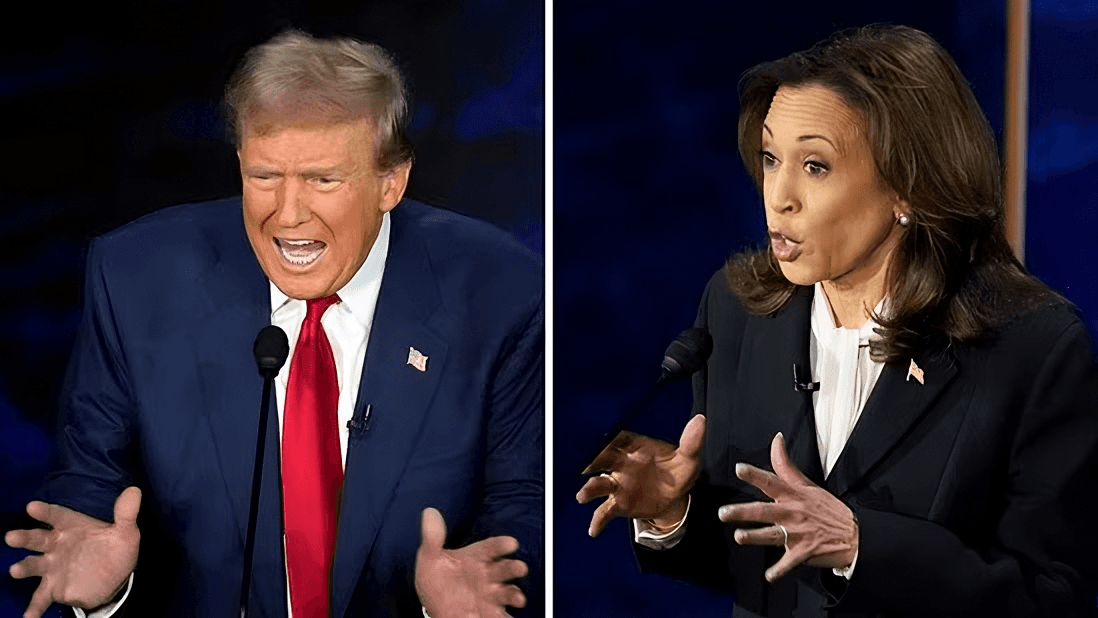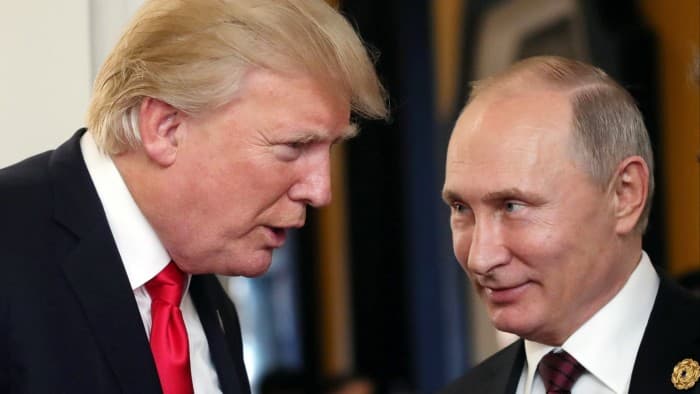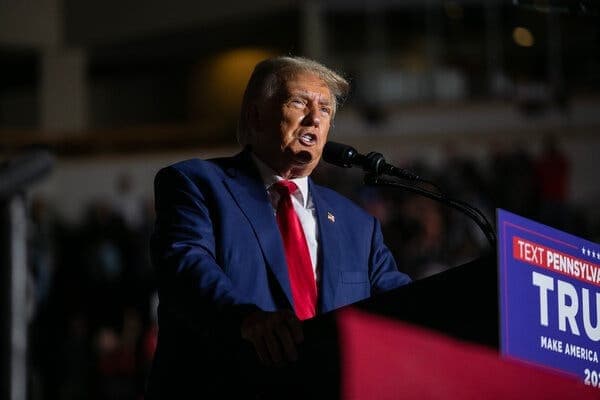
Since the second time he took charge as a US President, in January 2025, Donald J. Trump has introduced sweeping policy changes that have reshaped both domestic and international affairs.
In the terms of Domestic Affairs, the current President of the US, enacted a hiring freeze and fired thousands of workers as part of his federal workforce reform initiative. Critics contend that this politicizes independent institutions and weakens vital federal agencies, while supporters contend that it decreases government inefficiencies. His administration has also eliminated diversity, equality, and inclusion (DEI) initiatives in federal agencies, raising worries about civil rights violations and employment discrimination.
Trump has rolled down environmental rules and vigorously pushed the development of fossil fuels since declaring a national energy emergency. Environmentalists have raised concern regarding this long-term harmful impact and following legal issues, while supporters say this action increases energy independence and employment generation.
Trump's foreign policy stance has proved controversial. He has publicly questioned the purpose of NATO, implying that the United States should cut back on its commitments and that European members should foot a larger portion of the bill for their defense. His remarks on possible territory acquisitions, such as the Panama Canal and Greenland, have damaged diplomatic ties with the impacted countries.His position on Ukraine has also sparked grave geopolitical worries. President Trump has hinted at a potential change in the war-torn countries that the US had kept on backing by saying he is open to keeping Ukraine out of NATO. This is resulting in a probable shift in the power dynamics of Eastern Europe and among U.S. allies, as a region has come under Russian control.
The boundaries of executive power have been put to the test throughout Trump's presidency. Several lawsuits have contested the legitimacy of his acts as a result of his aggressive use of executive orders to circumvent congressional opposition. Courts are now considering cases that have the potential to establish important legal precedents by redefining the scope of presidential authority.Concerns regarding government overreach have also been raised by his administration's efforts to centralize power. Critics contend that democratic standards are in danger due to his control over federal institutions and independent bodies. These moves have the potential to change the presidency and give future leaders more power if they are upheld in court.
As Trump’s policies continue to unfold, their impact will be felt in the upcoming years too, with both supporters and opponents closely watching the consequences of his governance.
Written by Vansh Nandan


